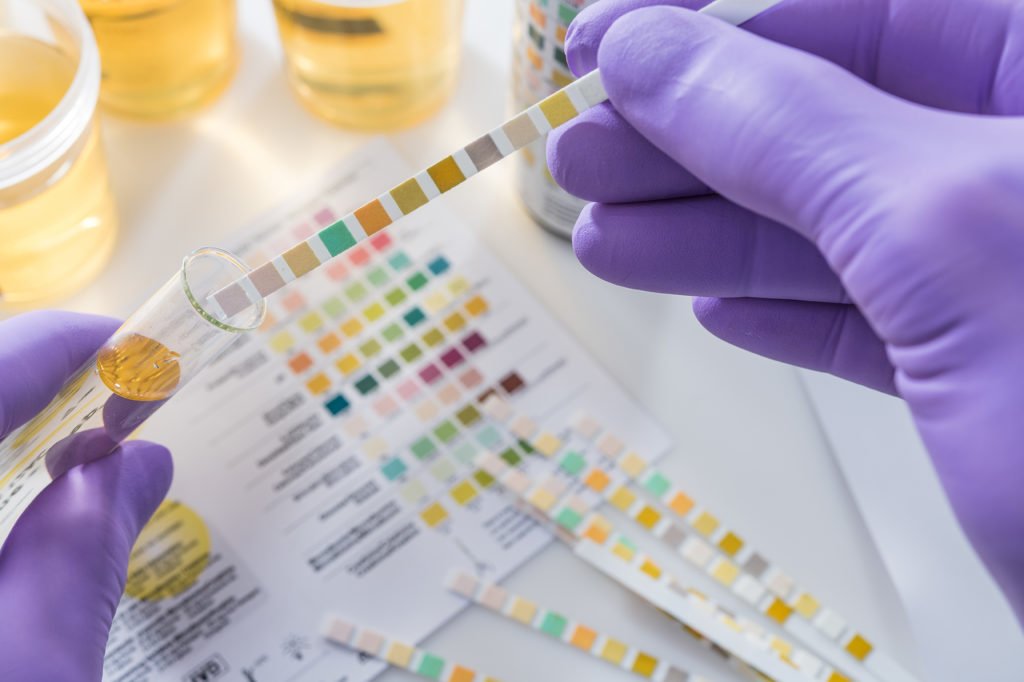
Recommendations and Best Practices for Drug Testing Clinical Students in 2020
Dec 11, 2019
Share to:
On January 1, 2020, the Cannabis Regulation and Tax Act (the “Act”) becomes effective, legalizing the recreational use and sale of marijuana in Illinois. As the effective date nears, we continue to recommend that higher education institutions review their clinical program policies, administrative procedures and practices, and their third-party agreements related to drug testing of students.
We specifically recommend the following steps for college clinical programs:
- For institutions that maintain student drug testing policies, review such policies to ensure they are consistent with the Act. While reasonable drug testing policies are still permissible under the Act, we recommend that institutions exercise caution and consult with legal counsel before relying solely on a positive drug test for marijuana by a student 21 years or older as a basis to deny that student’s entry or participation in the clinical program. Such a test may reflect the lawful, recreational use of marijuana, which is protected by the Act.
- For institutions that condition students’ enrollment into specialty and/or clinical programs based upon passing a drug test, review all clinical program promotional materials, program syllabi, handbooks, course catalogs, and any other materials that are distributed to students to ensure that any language pertaining to admission and clinical participation requirements, particularly related to student drug use and drug testing, complies with the Act and provides reasonable notice to participating students of how a positive drug test for marijuana will impact their participation in that program. Clinical programs should carefully review current language and practices as they relate to denial of program entry for students 21 years and older who test positive for marijuana.
- For institutions that partner with third party agencies (i.e., hospitals, nursing homes, etc.) to provide student clinical experiences, review existing clinical affiliation agreements to identify any and all provisions regarding student drug testing. In certain circumstances, an institution may consider working with its clinical affiliate to adjust the protocols and related contract provisions concerning drug testing, with the intent of mitigating the institution’s potential liability under the Act. If a clinical partner insists upon maintaining the right to deny a student access to a clinical experience based solely upon a positive test for marijuana, it may be advisable to shift the related risks to the clinical partner through simple adjustments to the clinical affiliation agreement. If the institution itself desires to maintain the right to take adverse action against a student based solely upon a positive test for marijuana, a careful risk assessment should be conducted, in consultation with legal counsel, to understand and manage the related risks.
Keep in mind that each clinical program is unique. Please contact your Robbins Schwartz attorney for specific guidance on the options that may be available to your institution to ensure compliance with the Act.
